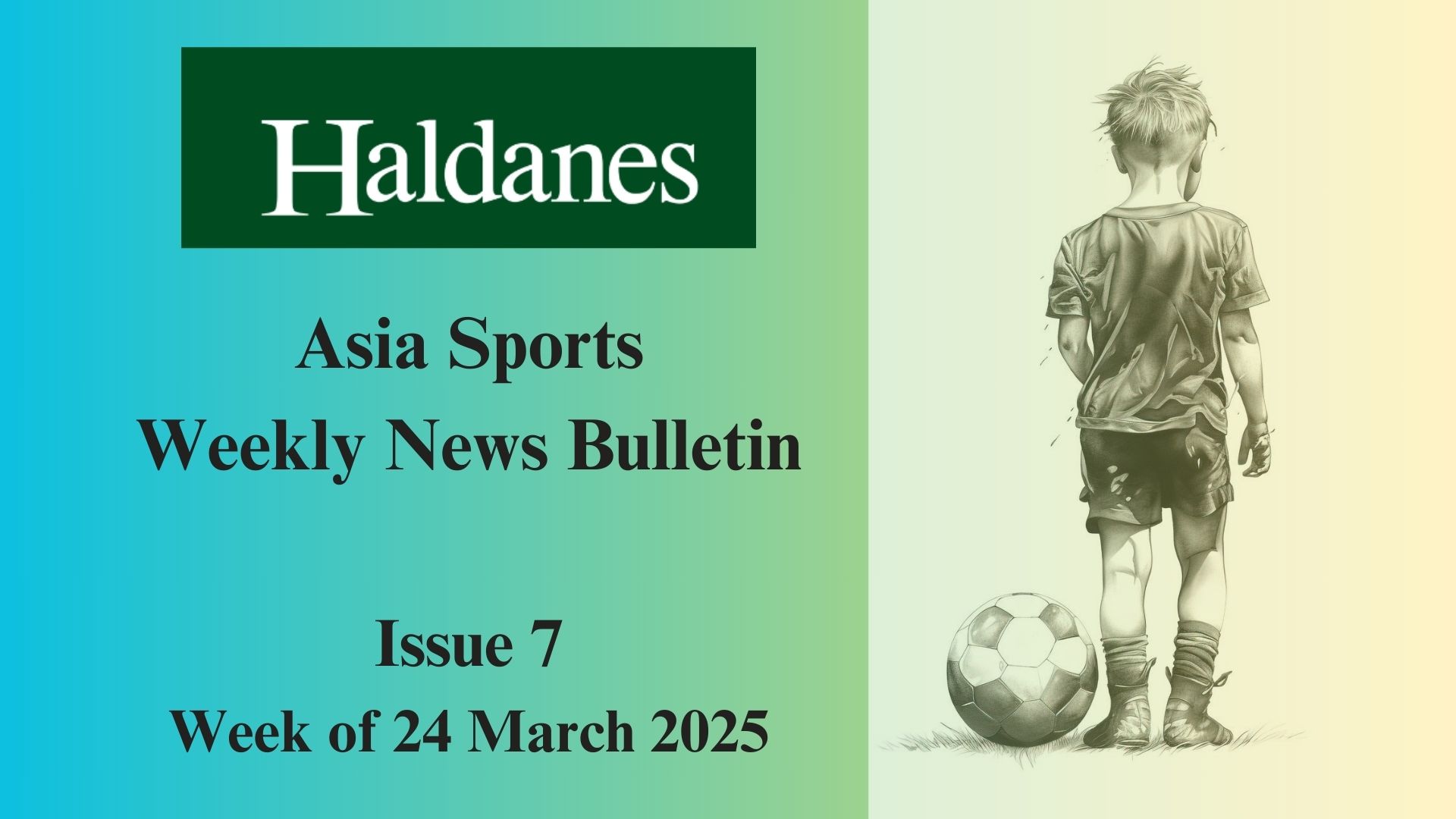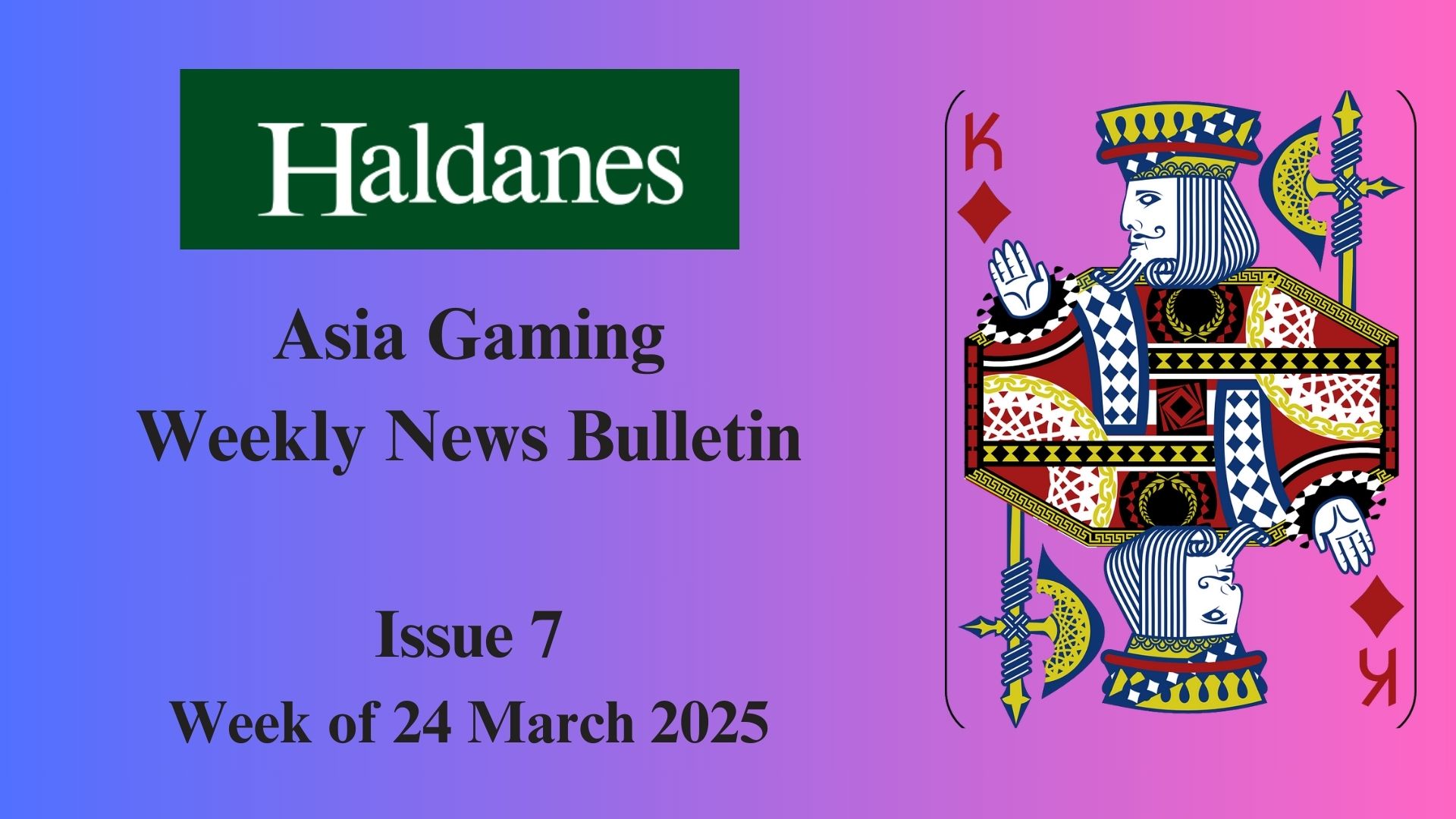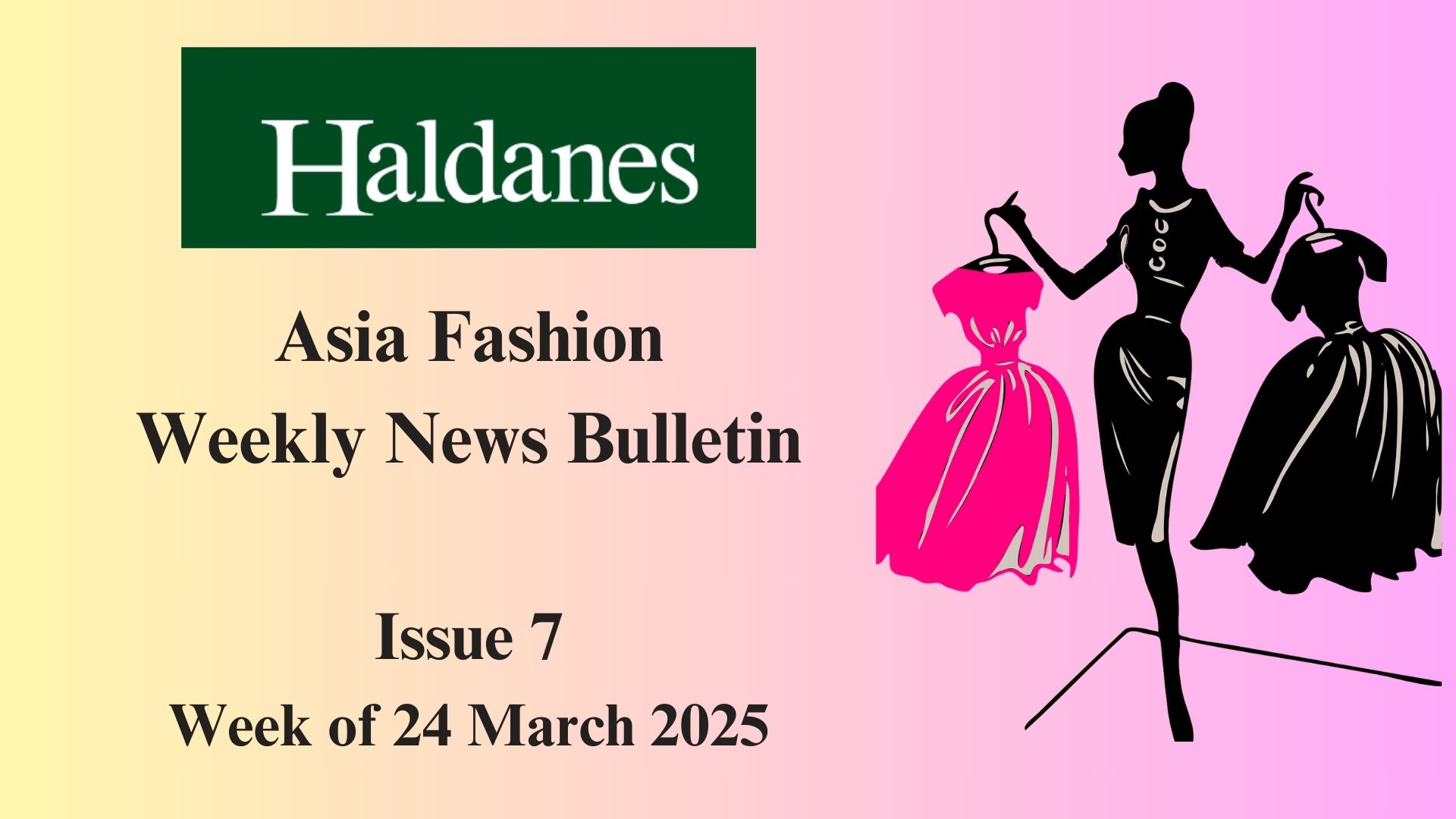Asia Art Weekly News Bulletin – ISSUE 1 Week of 10 February 2025
(1) Crypto Investor Justin Sun Sues David Geffen to Recover ‘Stolen’ Giacometti
The tech entrepreneur is taking legal action against American media billionaire David Geffen regarding the ownership of Alberto Giacometti’s sculpture Le Nez (1947).
(2) Hangzhou Internet Court: Generative AI Output Infringes Copyright
Hangzhou Internet Court Finds AI Platform Liable for Contributory Copyright Infringement.
(3) Wuhan court backs netizen in AI art dispute
Wuhan court awards Wang 4,000 yuan for unauthorized use of her AI-generated art.
(4) Exhibition coils around cultural heritage and AI works
The Shanghai Library East exhibition showcases 270 artworks for the Year of the Snake, stressing the importance of source materials to prevent copyright issues in AI art.
(1) Crypto Investor Justin Sun Sues David Geffen to Recover ‘Stolen’ Giacometti

(Photo Credit: Alberto Giacometti, Le Nez (1947). Courtesy Sotheby’s)
Chinese crypto investor Justin Sun has filed a lawsuit in Manhattan’s federal court, claiming he never authorised the sale of Alberto Giacometti’s sculpture Le Nez (1947) to billionaire David Geffen. Sun alleges that his former art advisor, Xiong Zihan Sydney, misrepresented the sculpture’s ownership and sold it without his consent. He seeks either the return of the sculpture or $80 million in damages.
Sun, who purchased Le Nez for $78.4 million at Sotheby’s in 2021, had asked Xiong to find a buyer willing to pay over $80 million. However, Xiong allegedly exchanged the sculpture for two paintings valued at $55 million and an additional $10.5 million in cash, without Sun’s knowledge. Sun claims Xiong forged his signature and impersonated a lawyer to complete the sale, which he only discovered in December when he asked for updates.
Geffen’s attorney described Sun’s lawsuit as “bizarre and baseless,” suggesting it results from “seller’s remorse.” He argued that dissatisfaction with the deal made through intermediaries does not constitute a valid claim against Geffen. Sun’s lawyers acknowledged that he is “a relatively new collector” and “not as familiar with the Modern and Contemporary art market.”
News Source: https://ocula.com/magazine/art-news/justin-sun-sues-david-geffen-giacometti/
(2) Hangzhou Internet Court: Generative AI Output Infringes Copyright

(Photo Credit: Infringing image generated with the LoRA model)
On 10 February 2025, the Hangzhou Internet Court ruled that the generative AI images created by an unnamed defendant constituted a contributory infringement of the information network dissemination right. The court ordered the defendant to cease the infringement and pay 30,000 RMB in damages. The defendant operates an AI platform that provides Low-Rank Adaptation (LoRA) models, allowing users to generate images related to Ultraman, which were created by users uploading images and training the model.
The unnamed plaintiff is likely Tsuburaya Productions, the company that owns the rights to Ultraman. This assumption is based on the well-known status of Ultraman and the nature of the claims regarding the unauthorised use of its images and models. Tsuburaya Productions would have a vested interest in protecting its intellectual property from infringement. The plaintiff demanded that the defendant cease the infringement and pay 300,000 RMB in damages. The defendant argued that their platform does not provide training data and adheres to the “safe harbour” rule, asserting that it should not be held liable for users’ actions.
The court concluded that while the generative AI platform could be liable for copyright infringement, there was no evidence that the defendant and the user jointly provided infringing works. The court considered factors such as the nature of the AI services, the popularity of the copyrighted work, and the obviousness of the infringement. It found that the defendant failed to take necessary measures to prevent infringement, constituting aiding and abetting infringement, and determined that violations of the Anti-Unfair Competition Law were not necessary to consider since copyright infringement was established.
News Source: https://natlawreview.com/article/hangzhou-internet-court-generative-ai-output-infringes-copyright
(3) Wuhan court backs netizen in AI art dispute

(Photo Credit: China Daily)
A court in Wuhan ruled in favour of a netizen, the plaintiff, surnamed Wang. Her AI‑generated art was used in an advertisement without her permission. Wang created the image using AI and posted it on Xiaohongshu on 17 May 2024, receiving significant engagement. She later discovered her image was used in a tech company’s advertisement for AI painting courses on Douyin without her consent.
Wang argued that despite the image being AI-generated, she conceived the idea, inputted keywords, and adjusted the production, ensuring the image was unique. She registered the copyright for the image on 26 May 2024. The Donghu High-Tech Development Zone court determined that Wang’s image, like traditional art, was protected by copyright law, acknowledging her creative process in generating the image.
The court recognised the connection between Wang’s creative input and the final image, emphasising her control over the artistic process. It ruled that the company’s unauthorised use of the image violated Wang’s rights and ordered the company to compensate her 4,000 yuan ($547) for economic losses and expenses. The judgment became legally binding as neither party appealed.
News Source: https://www.chinadaily.com.cn/a/202502/12/WS67ac75e9a310a2ab06eabdb5.html
(4) Exhibition coils around cultural heritage and AI works

(Photo Credit: Li Junfeng/For China Daily)
An exhibition at Shanghai Library East features 270 artworks celebrating the Year of the Snake, showcasing a blend of traditional handicrafts and digital creations. The event highlights snake-themed myths and interpretations, co-hosted by local cultural organizations, and runs until 2 March 2025.
With a surge in AI-generated art submissions, the organisers emphasise the need for artists to submit source materials to prevent copyright infringement and ensure originality. This approach aims to address the growing role of AI in the art world.
The exhibition not only includes traditional crafts like Shanghai paper-cutting but also integrates modern digital art techniques, reflecting the evolving landscape of artistic expression while maintaining respect for intellectual property rights.
News Source: https://www.chinadaily.com.cn/a/202502/14/WS67ae7ddba310c240449d51e9.html


